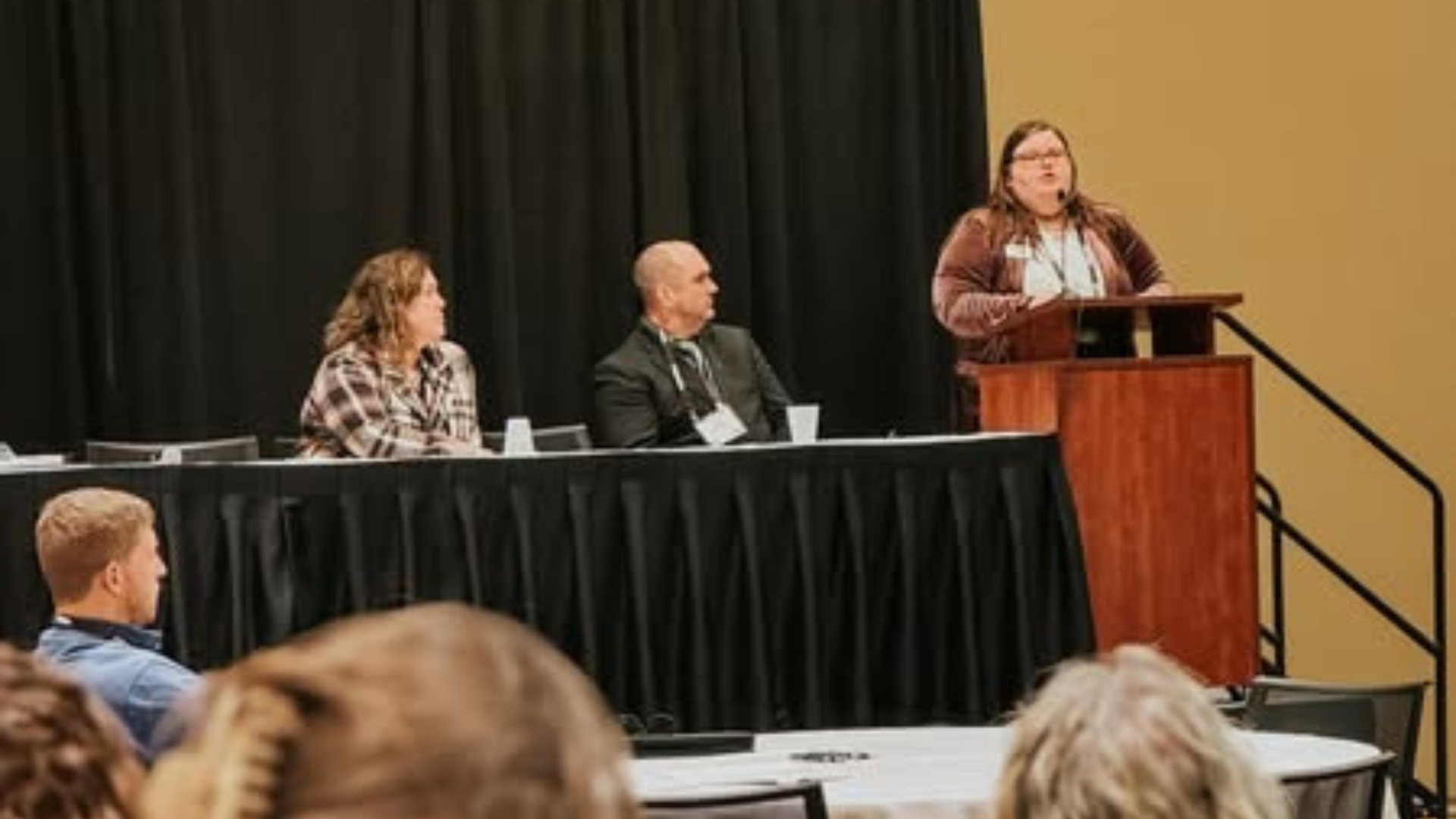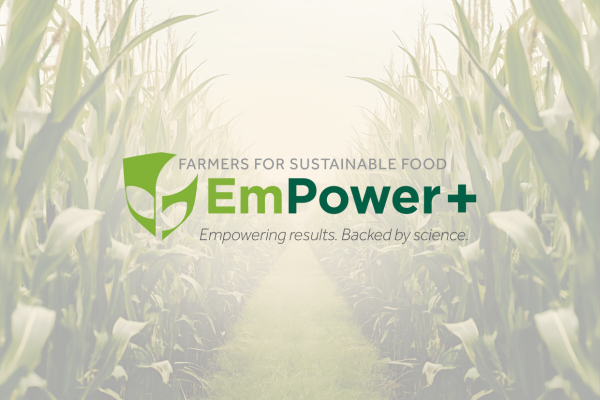Farmers for Sustainable Food unveils results from the inaugural year of Climate-Smart Program
Data-driven sustainability program empowers farmers across the Upper Midwest
GREEN BAY, Wis. — Farmers in the Upper Midwest are utilizing actionable data to make informed decisions about the conservation practices implemented on their farms. Results from the inaugural year of the Farmers for Sustainable Food Climate-Smart Program were unveiled today at the Dairy Business Association’s 2025 Dairy Strong conference, showing that these sustainable farming practices are achieving positive environmental outcomes.
The first year of the FSF Climate-Smart Program shows promising results as part of a five-year effort to empower farmers and add value throughout the supply chain. The initiative builds off a nationally recognized model, FSF’s Framework for Farm-Level Sustainability Projects, which helps farmers determine what conservation practices are most effective for their individual farms and provides tools to document the environmental and financial effects. Funding for the program comes from the U.S. Department of Agriculture Partnerships for Climate-Smart Commodities grant.
In 2024, the program consisted of five projects with 53 farms in Wisconsin, Iowa, Minnesota and South Dakota that participated in data collection and analysis regarding their 2023 crop-year information. In total, the program encompassed 100,193 acres of cropland and 71,686 head of cattle.
“We are encouraged by the amount of farmer engagement we received in our first year. These farms are making a difference, and when we aggregate the results, we show the important impact they are making,” Lauren Brey, FSF managing director, said. “We are looking forward to the increased participation and engagement we have for the next four years of the project. In just this first year, we have increased engagement and, more importantly, piqued the interest of others wanting to capture meaningful data on their farming practices.”
Farmers enrolled in the FSF Climate-Smart Program receive individual reports showing key metrics for their farms. Aggregated results from year one of the program demonstrate the broad, positive environmental impact of sustainable farming practices.
The data captured from those enrolled in the first year of the project showed that the farms reduced 49,161 tonnes of CO2e per year from implementation of cropland best management practices, or on average, 0.49 tonnes of CO2e per acre per year. This is equivalent to powering 6,602 U.S. homes for one year or removing 11,467 U.S. passenger vehicles from the road. In comparison, the reduction on the farms is comparable to the amount of CO2e that nearly 49,311 acres of forestland remove each year.
Data was analyzed by Houston Engineering, Inc. using COMET-Planner.
“Having the ability to see the impact my farming practices are making on a yearly basis helps me make better decisions,” Paul Cornette, dairy farmer and FSF board president, said. “Through the FSF Climate-Smart program, I have been able to track my individual metrics as well as compare them to the group to see where I can improve or may be ahead of the curve.”
Due to the increasing interest in the program, enrollment for the second year is full. However, farmers can enroll now to be included in the third year of the program.
“We are very encouraged with the number of farmers interested in participating in our program,” Brey says. “This level of engagement illustrates the desire farmers have to not only incorporate conservation practices, but more importantly to have metrics about the impact of those practices to inform future cropping decisions. We are fortunate to work with such progressive and engaged farmers. We anticipate continuing to see favorable results through the duration of this program.”
For more information about the FSF Climate-Smart Program, visit farmersforsustainablefood.com.
Images:
Farmers for Sustainable Food logo
Video:
FSF Climate-Smart Program Year One Outcomes video
About Farmers for Sustainable Food:
Farmers for Sustainable Food is a collaborative, industry-supported effort to promote and support farmer-led solutions to today’s environmental challenges. The nonprofit organization, established in 2016, empowers farmers to develop and implement practical, innovative solutions for environmental, economic and social good. More information: www.FarmersForSustainableFood.com.




